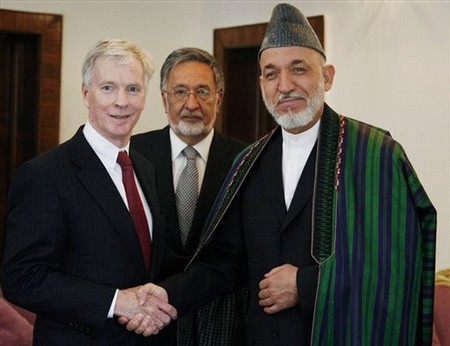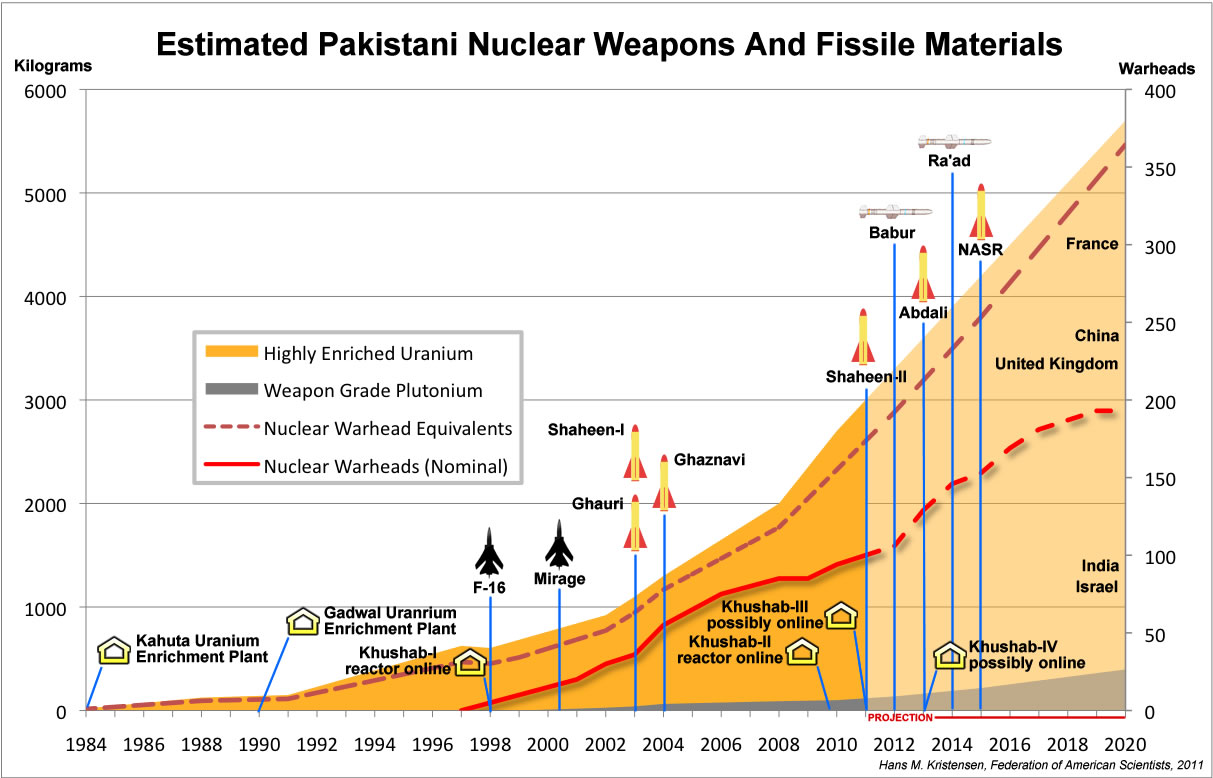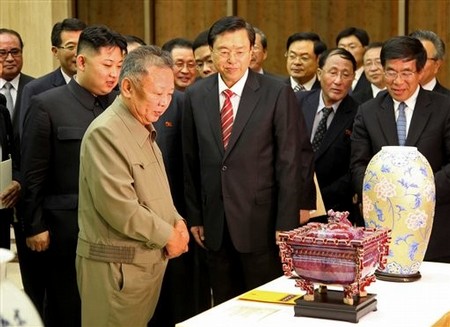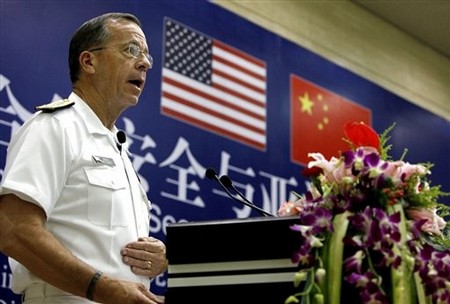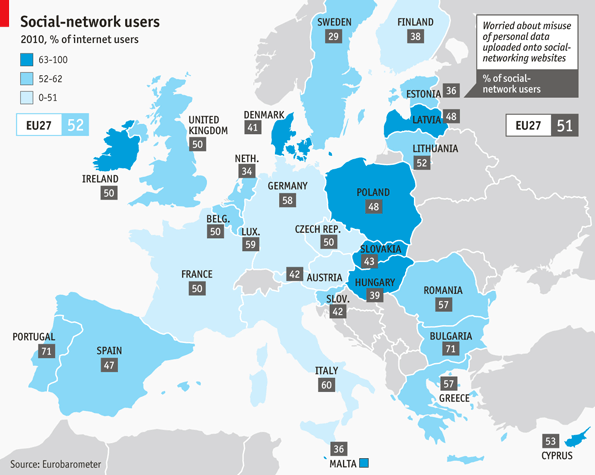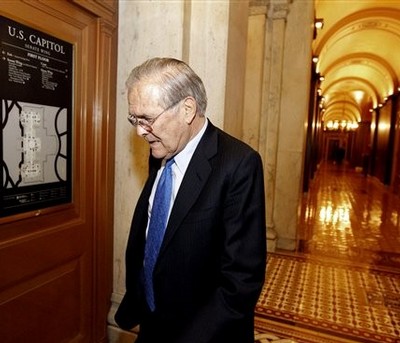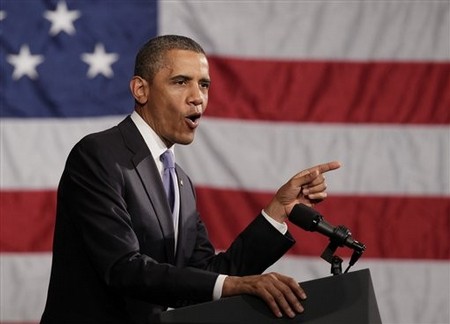It's so boringly predictable when elite foreign policy writers and critics of the Republicans - but I repeat myself - who generally pay exactly zero attention to the candidates on the right in between election cycles, gloss over differences in policy and experience in the interests of furthering their biases about the right. It's an inevitable experience every four years: the Republican candidate is painted as a naive, blunt rube, with none of the sophistication and insight on global engagement of the savvy, worldly Democrat.
Of course, if the right's weakness is generally blunt swagger, the left's is wavering incoherence. Democratic presidents are just as capable of making serious mistakes as Republicans in their approach to global affairs, and an attitude of denial to go with it. But no matter: forget their actual travel or policy experience - this is the way things are.
Comes now James Traub with another tiresome little "Republicans are stupid and incoherent" essay, in this case regarding Tim Pawlenty. Traub peers down his nose at the former Minnesota governor's recent appearance at the Council on Foreign Relations to share his foreign policy views. "The very fact that Pawlenty chose to deliver the speech in the sanctum sanctorum of the foreign policy establishment rather than at, say, the Heritage Foundation, constituted a rebuke to the yahoos in the party," Traub writes.
Actually, Pawlenty is continuing his "speaking truths in unfriendly venues" tour, which took him to Iowa to denounce ethanol subsidies, Florida to call for Medicare reform, Washington to blast current entitlement policy, and Wall Street to call for financial reform. His speech to CFR was not intended to cater to the elite, but to achieve note from the Republican base by disagreeing with the establishments' views in its own house. But of course, Traub cannot be expected to pay attention to this.
Traub also writes that these "candidates have calculated that Republican primary voters don't have much of an appetite for [neo-Reaganite] language," and suggests no substantive policy differences exist between Mitt Romney, Jon Huntsman, and Pawlenty, who he says "all offer some variant of conservative internationalism." This is of course absurd: Romney's position on Afghanistan is different from Huntsman's, which is quite different than Pawlenty's.
So too with Libya. Their rationales were formed in different contexts, and their advisors illustrate the different kinds of administrations they would have when it comes to foreign engagement, as I and other authors have written about extensively during the formation of this candidate field. But of course, Traub cannot be expected to pay attention to this.
And then there is this:
As I was sitting in the audience at the Council on Foreign Relations the other day, listening to Gov. Tim Pawlenty check off the boxes of right-wing internationalism, I kept waiting for the personal payoff moment, where the candidate says, "As a boy growing up in the depths of the Cold War," or even, "I saw the miracle of free markets on a trip to Singapore." But the moment never came ... I imagine that if the former Minnesota governor had a stock of foundational experiences or even intuitions about the world, he would have drawn on them. Perhaps he hadn't paid much attention to the world beyond our borders prior to deciding to run for president.
That's an interesting view. Of course, between the three candidates Traub mentions, you actually have three of the most globe-trotting Republican candidates in modern memory. Romney has worked and traveled around the world extensively, as a missionary and a businessman. Huntsman has a passport unmatched in the history of presidential primaries, and as a former trade representative and ambassador certainly has more international experience than then-Senator Obama did when he ran in 2008. And Pawlenty has in the past eight years traveled throughout Europe, met with Sarkozy and Merkel, led trade delegations to China and India, Brazil and Chile, visited Minnesota troop contingents around the world, and gone to Iraq and Afghanistan eight times, meeting with Petraeus and others on the ground.
But of course, Traub cannot be expected to pay attention to this. It took a five second Google search, and this is a bit too much to expect from him. He has a meme to repeat.
In all this, Traub does himself and his fellow elites no favors. His ignorance exposes the truth: this isn't really about foreign policy anymore - it's about ongoing self-congratulatory thumbsucking for a subset of elites increasingly isolated from the policymaking process. Serious analysts, who are actually interested in seeing their ideas put into practice, increasingly turn elsewhere.

